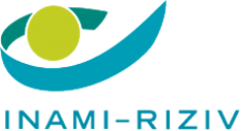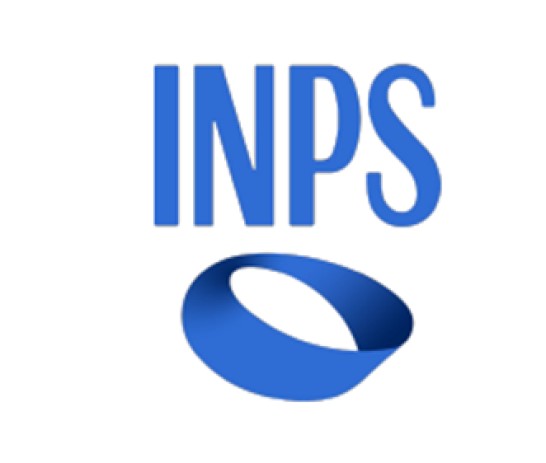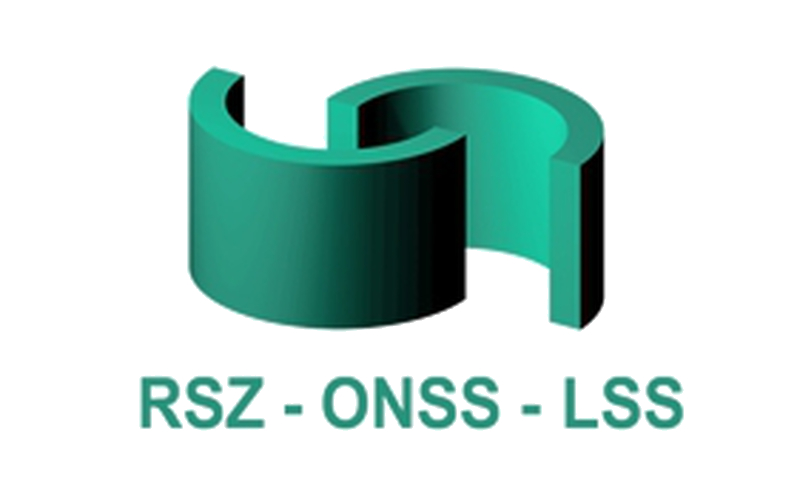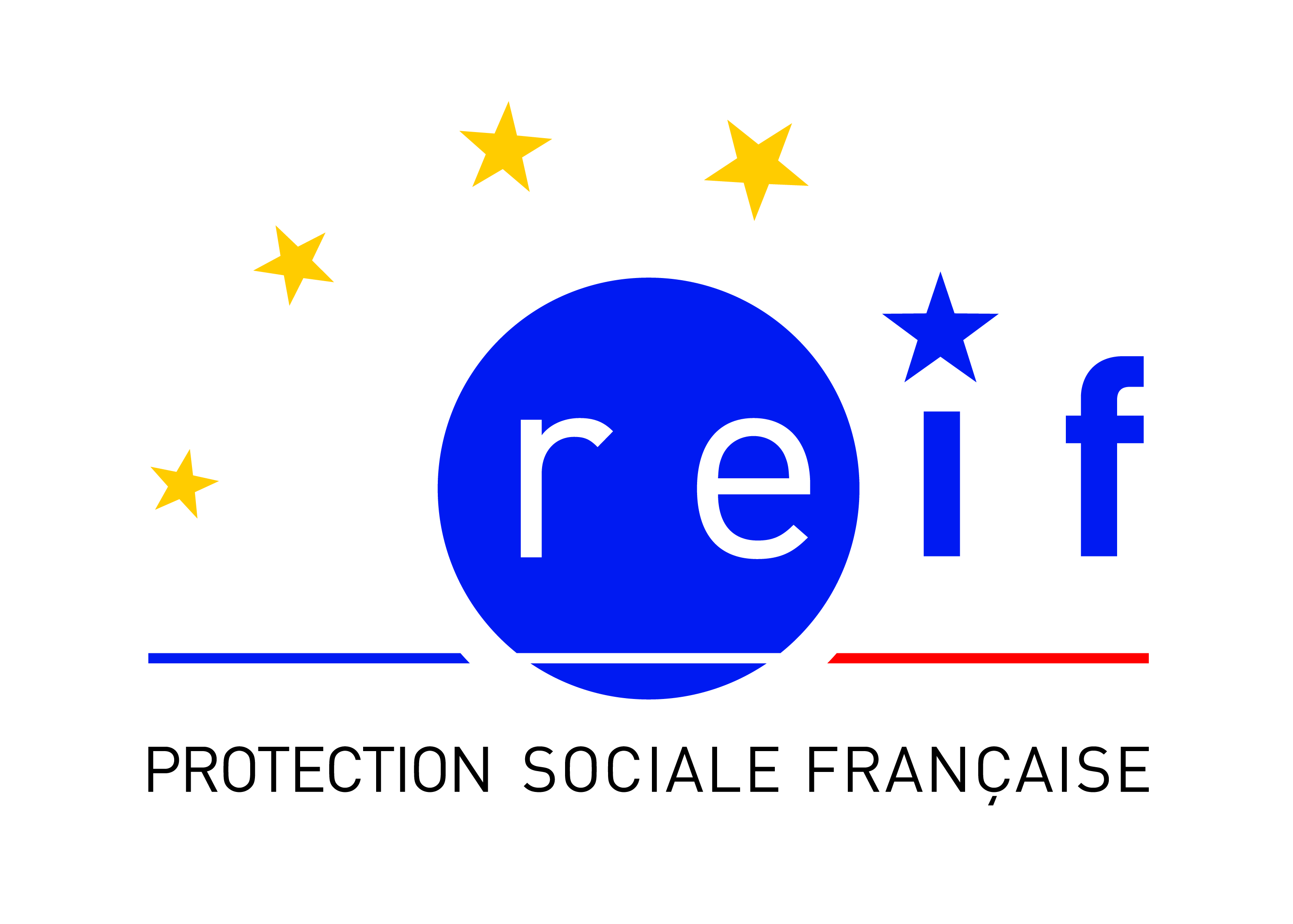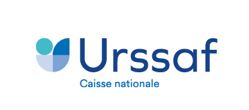News
Proposals to improve EU rules on rare and paediatric diseases |
30-07-2021 |
BB
ESIP responds to the Public Consultation on the Revision of the OMP and paediatrics Regulations
As part of the legislative initiatives under the Pharmaceutical Strategy for Europe, the Commission opened consultations towards the revision of the EU legislation on medicines for children and rare diseases. ESIP provided its feedback building on the 2019 paper on orphan medicinal products and the previous response to the inception impact assessment.
We highlight that, while the current regulatory framework increased availability of OMPs, challenges remain related to the development and uptake of effective treatments as R&D takes place primarily in areas with higher commercial interest – instead of addressing real unmet medical needs – and artificially high prices are imposed to mitigate expected low financial returns.
In order to avoid overcompensation and better address the needs of rare disease patients, we suggest reassessing the prevalence threshold, combining the prevalence of all indications and tying this criterion with insufficient return on investment. Additional criteria to define rare diseases – such as measuring prevalence over a specified time-period – would also be welcome. At the same time, rewards should be steered towards identified UMN and medicines bringing clear significant benefits for patients or with proven low financial returns, to ensure public return on investment.
Alternatives – rather than additional – incentives should be explored such as facilitated access to an effective repurposing framework and delinking R&D costs from commercialisation aspects, with R&D led by publicly-funded institutions and transparency requirements on real costs borne by the industry and the public. We took instead a cautious approach with view to the introduction of post-authorisation incentives and particularly transferrable vouchers that should be strictly linked to providing access to assisted regulatory processes.
In order to improve access to OMPs across the EU, we support faster entry to market of generics and biosimilars and discourage the practice of limiting access to therapies to a single institution as well as corporate strategies selecting only countries with favourable pricing systems.
Finally, in the field of paediatrics we welcome the deployment of formulations explicitly for children but consequent increases in prices should be modest as investment would be compensated by competitive advantage and increased sales volumes.
Find out more in our response to the public consultation.























